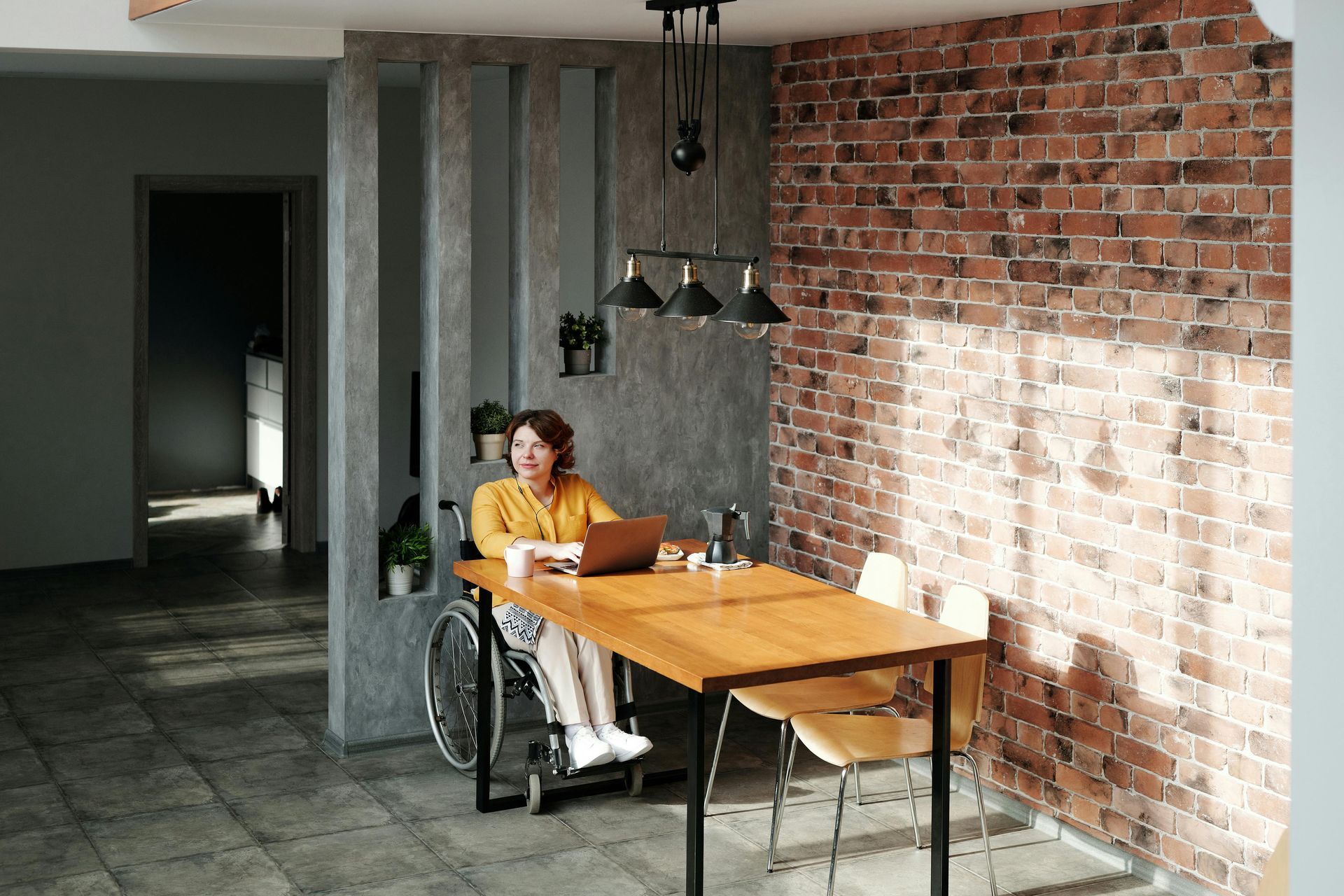Navigating the Digital Landscape: Mental Health and Remote Work
Navigating the Digital Landscape: Mental Health and Remote Work
In the age of digital transformation, remote work has become a cornerstone of modern employment. It has offered employees newfound flexibility and employers' innovative solutions to complex workforce challenges. However, as remote work increasingly becomes the norm, we must consider the impact it has on our mental health. In this article, we will explore the intricate relationship between remote work/mental well-being and provide valuable insights on how to navigate this evolving digital landscape while keeping mental health in check.
The Remote Work Revolution
The remote work revolution was already well underway before the global pandemic hit in 2020, but it received a significant boost in the wake of the crisis. With a growing number of companies embracing remote work, it's clear that the trend is here to stay. Remote work provides numerous benefits, including a better work-life balance, increased job satisfaction, and the ability to customize your work environment to suit your preferences.
However, it is not all rainbows and sunshine. Remote work also comes with its unique set of challenges that can significantly impact mental health.
The Mental Health Challenge
Isolation and Loneliness
One of the most significant challenges remote workers faces is the sense of isolation and loneliness. The absence of in-person interactions with colleagues and the daily commute can lead to feelings of loneliness, which can have detrimental effects on mental health. To combat this, it's crucial to maintain social connections. Regular video calls, virtual team building activities, and participation in online communities can help reduce the feeling of isolation.
Work-Life Boundaries
Remote work blurs the lines between personal and professional life. The absence of a physical office can make it difficult to switch off from work, leading to overworking and burnout. Maintaining clear work-life boundaries is essential for mental well-being. Establish a dedicated workspace, stick to a routine, and set boundaries on when you stop working to ensure a healthier balance between work and personal life.
Technology Overload
While technology facilitates remote work, it can also be a source of stress and mental exhaustion. Constant notifications, the pressure to be always available, and digital fatigue can take a toll on mental health. To manage this, establish tech-free zones or times, and practice mindfulness to reduce stress associated with technology.
Lack of Supervision
Without physical supervision, some employees may feel added pressure to prove their productivity. This can lead to anxiety and self-doubt.
It's crucial for employers to establish trust-based relationships and focus on output and results rather than micromanaging their remote teams.
Promoting Mental Health in a Remote Work World
Prioritize Self-Care
Self-care is vital for maintaining good mental health while working remotely. Make time for regular exercise, eat healthily, and ensure you get enough sleep. Incorporate relaxation techniques and mindfulness practices into your daily routine.
Create a Supportive Environment
A conducive home office space and a supportive network of family and friends can make a world of difference. Consider decorating your workspace to make it pleasant and conducive to productivity.
Communicate Openly
Foster transparent and open communication with your employer and colleagues. Discuss your mental health concerns, seek help when needed, and engage in regular check-ins to maintain a connection with your team.
Set Boundaries
Establish clear boundaries between work and personal life. Designate a workspace, set specific working hours, and make time for leisure activities that help you relax and unwind.
Seek Professional Help
If you find that remote work is severely impacting your mental health, don't hesitate to seek professional help. Many therapists and counselors now offer remote sessions, ensuring that you can access support from the comfort of your home.
Indeed, the world of work is evolving, and remote work is undoubtedly a part of the future. While it offers numerous advantages, it's essential to acknowledge and address the potential challenges it poses to mental health. By prioritizing self-care, creating a supportive environment, communicating openly, setting boundaries, and seeking professional help when needed, remote workers can enjoy the benefits of this digital age without sacrificing their mental well-being. Remote work and mental health are not mutually exclusive; they can coexist harmoniously with the right approach and mindset.











